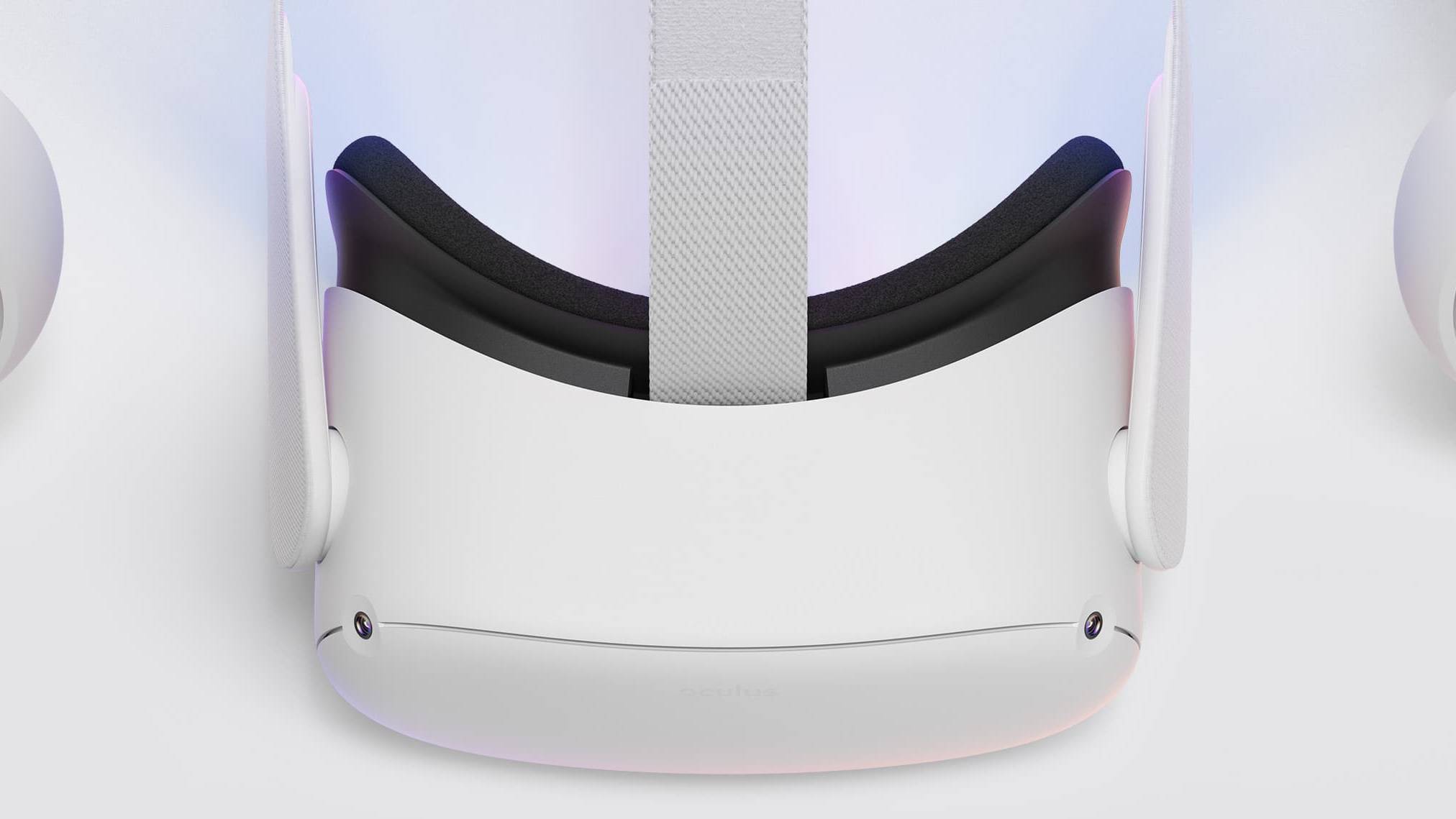Oculus wants to end VR motion sickness — here is the solution
Oculus VR headsets may get a fix for motion sickness

Sign up to receive The Snapshot, a free special dispatch from Laptop Mag, in your inbox.
You are now subscribed
Your newsletter sign-up was successful
Oculus CTO John Carmack and Vice President of Facebook Reality Labs Andrew Bosworth talked on Twitter's audio chat platform, Spaces, about reducing every VR headset's biggest hurdle: motion sickness.
According to Carmack (via Upload VR), the solution to reduce motion sickness in VR games played on the Oculus Quest 2 would require a system-level approach that is aware of depth in a user's field of view.
- PSVR 2: Rumors, release date, price, specs, and what we want
- The best cheap laptop deals of April 2021
- The best VR-ready laptops in 2021
Currently, VR games apply vignettes in the field of view in order to reduce motion sickness.
However, as Carmack states, one of the biggest problems is the nausea users feel when something is moving within their eyesight. This can throw off their spatial orientation (or vestibular system) if it's inconsistent with what they're doing.
"What we need to do is look at the depth of things relative to your view," Carmack says. "How much it’s moving incorrectly relative to the inertial stuff and only fade out things proportional to that relationship." He went on to say that Oculus could do something that would work across the VR platform.
Implementing a system-level approach to reduce motion sickness on all VR games coming to Oculus would be a major advantage for developers, as they wouldn't have to take extra steps to figure out how to reduce motion sickness.
Of course, it would be great for VR gamers too. With a uniform system implemented into every game, users could quickly get used to how it works for all titles instead of having to familiarise themselves with different systems in each game.
Having a solution to fix motion sickness in VR would be a major win for newcomers and experienced users alike, but Carmack claims the system would take around two years to complete. Developers would also have to agree to use and work with the system in their games. While it's more of a long-term plan for Oculus, Carmack believes it has "real potential."
Feeling woozy isn't all that uncommon, but sometimes it's due to horrific gore in VR games such as Wraith: The Oblivion - Afterlife, which one of us even puked from playing it.
While we may have to wait much longer for Oculus to work on the VR motion sickness problem, you won't have to wait any longer for a native 120Hz on the Quest 2.
Sign up to receive The Snapshot, a free special dispatch from Laptop Mag, in your inbox.

Darragh Murphy is fascinated by all things bizarre, which usually leads to assorted coverage varying from washing machines designed for AirPods to the mischievous world of cyberattacks. Whether it's connecting Scar from The Lion King to two-factor authentication or turning his love for gadgets into a fabricated rap battle from 8 Mile, he believes there’s always a quirky spin to be made. With a Master’s degree in Magazine Journalism from The University of Sheffield, along with short stints at Kerrang! and Exposed Magazine, Darragh started his career writing about the tech industry at Time Out Dubai and ShortList Dubai, covering everything from the latest iPhone models and Huawei laptops to massive Esports events in the Middle East. Now, he can be found proudly diving into gaming, gadgets, and letting readers know the joys of docking stations for Laptop Mag.
